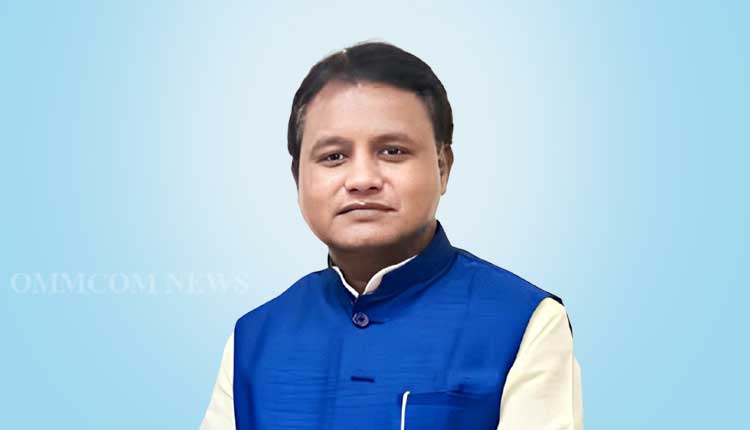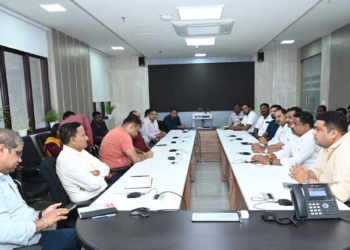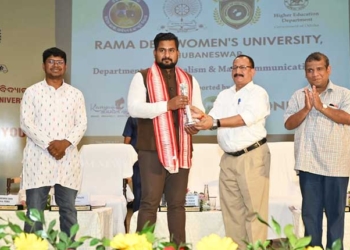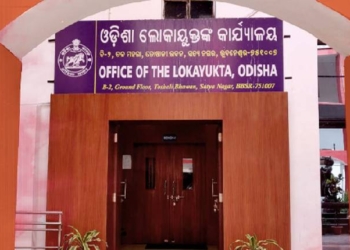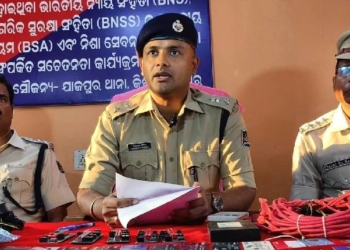Bhubaneswar: Odisha Chief Minister Mohan Charan Majhi called for strengthened Central assistance to bolster the state’s ongoing efforts to combat Left-Wing Extremism (LWE) at a high-level meeting chaired by Union Home Minister Amit Shah in New Delhi.
The meeting, which gathered chief ministers of LWE-affected states and top security officials, focused on strategies to intensify the crackdown on Maoist insurgents and reviewed progress in the affected regions.
Majhi acknowledged the substantial progress made by Odisha in curbing Maoist activities, noting that a coordinated effort between the state and central security forces has significantly reduced violence in many regions. The Maoist insurgency, once widespread across Odisha, has now been largely contained to isolated pockets.
Despite these gains, Majhi expressed concern about the Kandhamal-Boudh-Kalahandi axis, where, despite aggressive operations, Maoist groups have shown resilience. This region continues to be a challenge for security forces, requiring sustained efforts to dismantle insurgent strongholds.
In his address, the Odisha CM expressed his gratitude to Amit Shah for his leadership in the national fight against LWE but emphasized the need for ongoing support to ensure that the remaining Maoist strongholds in Odisha are neutralized.
He stressed the importance of maintaining central forces in the state, particularly given the intensification of anti-Naxal operations in neighbouring Chhattisgarh, which may push Maoist cadres across the border into Odisha.
Majhi raised concerns about potential cross-border infiltration and requested that the central government deploy additional forces to secure the state’s borders and support local security operations.
The Chief Minister informed that Odisha has raised three battalions of the Odisha Special Striking Force (OSSF), comprised of ex-servicemen, to enhance the state’s anti-Naxal capabilities.
However, Majhi explained that the recruitment and training processes are still underway, making it critical for central forces to remain in place until local forces are fully operational.
He urged the Union Government not to withdraw existing central troops until the new battalions are fully deployed and requested an additional 12 companies of Central Armed Police Forces (CAPF) to be stationed in Odisha for the next two years to ensure continued area domination.
Majhi also highlighted the logistical challenges faced by security forces operating in remote areas, particularly in the difficult terrain of LWE-affected regions. He requested the provision of a dedicated helicopter to aid in troop movement, maintain forward posts, and respond to operational exigencies in these regions.
The CM underscored the need for real-time technical support from specialized central agencies to enhance the operational effectiveness of Odisha’s special forces engaged in anti-Naxal operations.
Beyond security measures, the Odisha government has launched several developmental initiatives aimed at transforming the socio-economic landscape of Maoist-affected regions.
Majhi pointed to Gramodaya, the state’s latest development scheme, which will bring over 40 converged government programs to villages in LWE-affected areas.
The scheme is designed to improve basic infrastructure and services, promoting economic development and reducing the appeal of insurgency by uplifting local communities, Majhi pointed out.
The Chief Minister also mentioned innovative initiatives that have been implemented in remote areas, including the use of drones to deliver medicines to inaccessible locations in Kandhamal district and the deployment of super-specialist doctors to remote areas to provide healthcare.
These efforts are part of a broader strategy to build trust between the government and local communities, demonstrating the benefits of state intervention in areas that were previously under Maoist influence, the CM added.
The CM highlighted a significant infrastructure proposal that the state has submitted to the central government, requesting support for 127 road projects in LWE-affected areas. These projects are critical not only for improving connectivity and access to essential services but also for facilitating effective security operations by enabling the swift movement of troops and equipment in difficult terrain, he added.
Reaffirming Odisha’s commitment to eliminating Left-Wing Extremism by March 2026, Majhi expressed optimism that under Prime Minister Narendra Modi’s leadership and the strategic guidance of Home Minister Amit Shah, Odisha would soon be free from the Maoist menace. He praised the recent success of anti-Naxal operations in Chhattisgarh and stressed that Odisha will continue to work closely with Central agencies and neighbouring states to achieve the complete eradication of the insurgency.
The Chief Minister emphasized that the state’s strategy will continue to combine robust security responses with holistic development programs, ensuring that the Maoist threat is addressed not only through force but also by addressing the underlying socio-economic conditions that give rise to insurgency.




